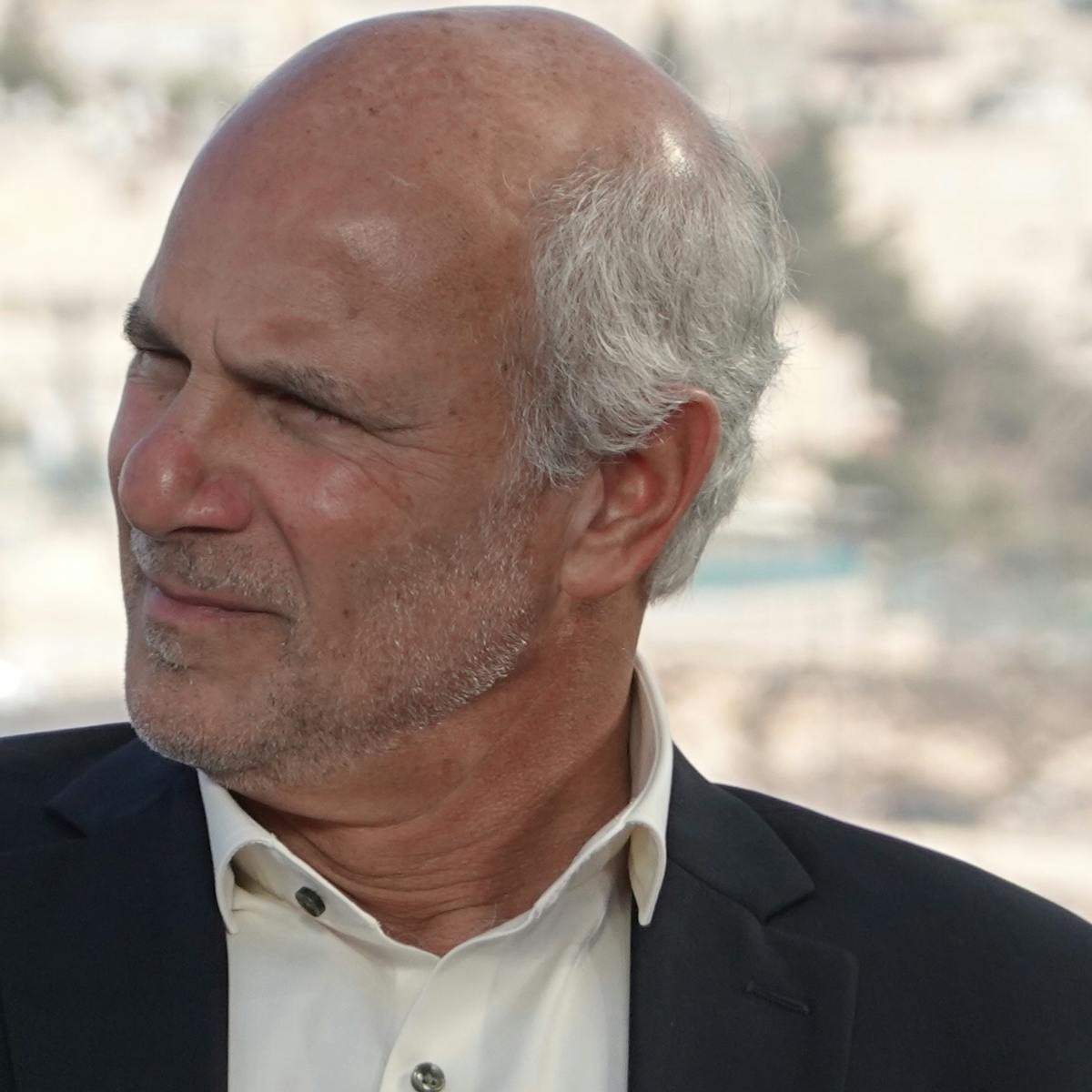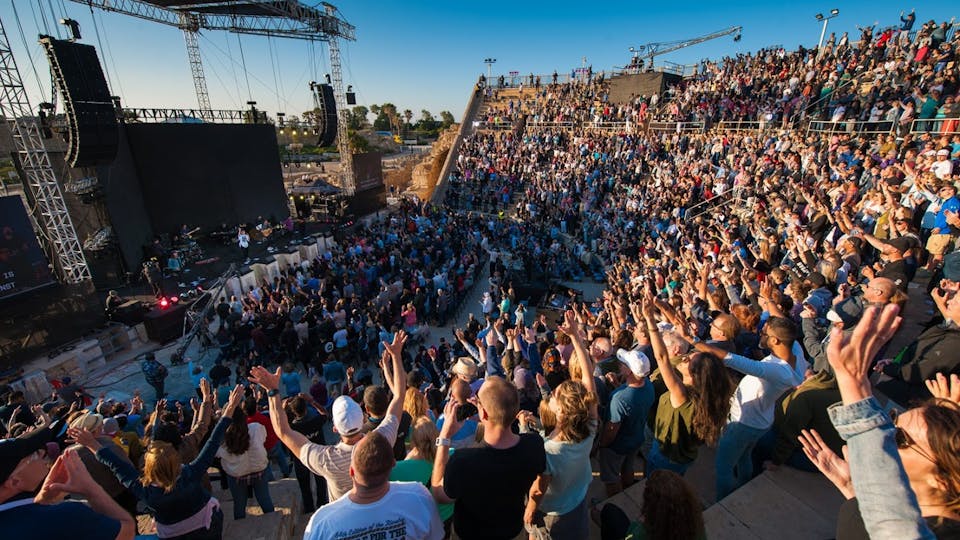One New Man | God Has A Family

One of our greatest joys at SAR-EL Tours & Conferences is our call to serve Christians from all over the world as they visit Israel.
This connection between the true disciples of Jesus and the nation of Israel is anchored in many biblical passages and prophecies that speak of a time when God will gather to Himself all those who believe in Him, whether Jew or Gentile, black or white, great or small and mold us into one big family.
Taking the long view of God’s ultimate purposes for humanity, Israel’s prophets often spoke of Gentile (non-Hebrew) nations who will be joined into God’s faith community. In fact, ever since the Exodus out of Egypt, which launched the national birth of Israel, God’s word made plenty of provisions for non-Israelites who wanted to join the newly formed nation. These foreigners, or “strangers” (GER in Hebrew), as the original text refers to them, were given full rights and protection under Moses’ Law, and a secure place in the community.
The foreigners (GEREEM) were even guaranteed a clear pathway toward citizenship among the native-born Israelites IF they wanted to belong to the God of Israel and were willing to bear the mark of His covenant.
In other words, citizenship in Israel, according to the Bible, was never about racial purity, but rather all about sincere faith in the One True God and a desire to join His people. Just like Ruth the Moabites who begged Naomi, saying, “Entreat me not to leave you, or to turn back from following after you; For wherever you go, I will go; and wherever you lodge, I will lodge; Your people shall be my people, and your God, my God.” (Ruth 1:16).
Ruth, as you recall, though born in a Gentile home, gained access to the Israeli society, became King David’s great grandmother, and was included in the genealogy of Jesus, David’s greater Son!

And so we find that during the very first Passover, Moses commanded the children of Israel, saying, “And when a stranger (GER) dwells with you and wants to keep the Passover to the LORD, let all his males be circumcised, and then let him come near and keep it; and he shall be as a native (EZRACH or CITIZEN) of the land.”
Faith and commitment, not DNA, were the determining factors in citizenship rights according to Moses.
Not only was the Law technically and clearly inclusive toward non-Hebrews as we read in Exodus 12:49, saying, “One law shall be for the native-born and for the stranger who dwells among you…”, but God’s word actually commands Israel to love the foreigners. “The stranger who dwells among you shall be to you as one born among you (EZRACH or CITIZEN), and you shall love him as yourself; for you were strangers in the land of Egypt.” (Leviticus 19:34).
From the start, God give Father Abraham an “international assignment,” saying, “No longer shall your name be called Abram, but your name shall be ABRAHAM; for I have made you a father of many nations…” (Genesis 17:5).
Israel’s prophets raised the bar even higher. Zechariah predicted, “Many nations shall be joined to the LORD in that day, and they shall become My (God’s) people...” (Zechariah 2:11), and Psalm 67:4 declares, “Oh, let the nations be glad and sing for joy! For You (God) shall judge the people righteously, and govern the nations on earth.”
Looking into the distant future, Jeremiah predicted “at that time Jerusalem shall be called The Throne of the LORD, and all the nations shall be gathered to it, to the name of the LORD…” (Jeremiah 3:17), and Micah described the “Grand Finale” of this age, saying, “Many nations shall come and say, ‘Come, and let us go up to the mountain of the LORD, to the house of the God of Jacob; He will teach us His ways, and we shall walk in His paths.’ For out of Zion the law shall go forth, and the word of the LORD from Jerusalem.” (Micah 4:2).
The vision and the biblical mandate were always about reaching out toward the whole world. However, how will that be fulfilled?
If these were but the sentimental ramblings of Moses, David and the prophets, they would have long sunk into oblivion and would have been forgotten. However, these were God’s promises, and we find that they remained in effect long after both Temples were destroyed and Israel headed into her 2,000-year long and lonely exile.
These promises were present in Jesus’ own ministry, and actually became the focus of His final “great commission” to the young church, saying, “And this gospel of the kingdom will be preached in all the world as a witness to all the nations, and then the end will come.” (Mathew 24:14). The focus remained outward.

What God started with Israel was always meant to spread throughout the entire world. The early Apostles recognized that God’s plan was universal and that it will, through the Messiah’s work, stretch long beyond the ethnic, national or territorial boundaries of Israel.
Addressing disrespectful activities in the Jerusalem Temple, Jesus (quoting Isaiah) said, “Is it not written, ‘My house shall be called a house of prayer for all nations?’ But you have made it a den of thieves...'” (11:17). Paul the Apostle instructed the Galatian disciples, saying, “Scripture foresaw that God would justify the Gentiles by faith, and announced the gospel in advance to Abraham saying, ‘All nations will be blessed through you.’” (Galatians 3:8).
However, it is Paul’s message to the Ephesian church that best articulates the heart of the matter and the reason for the joy we feel at SAR-EL. In the second chapter, the Apostle reminds the Ephesian disciples of their pagan heritage, emphasizing, “… you were at that time separate from Messiah, excluded from the commonwealth of Israel, and strangers to the covenants of promise, having no hope and without God in the world.” (Ephesians 2:12).
Yet, words of grace quickly follow as the Apostle comforts these Gentile disciples with the greater truth that “… now in Messiah Jesus, you who once were far off have been brought near by the blood of Messiah. For He Himself is our peace, who has made both (groups) into one, and has broken down the middle wall of separation, having abolished in His flesh the enmity (between Jew and Gentile) … so as to create in Himself ONE NEW MAN (a new unified community) from the two, thus making peace.” (Ephesians 2:13-15).
Only the cross of Messiah can bridge the deep gap of alienation, mistrust and rejection that separates Jew from Gentile for thousands of years, and this is exactly what Paul was speaking about in this passage.
This redeemed and united family is God’s ultimate plan and the chief reason for the sacrifice of His Messiah. In fact, so profound is the unity of this new body of people that the scripture testifies that “through Him we both (Jew and Gentile) have our access in one Spirit to the Father…” (Ephesians 2:18), telling us in effect that this unity will start primarily as a spiritual movement.
And, for what reason does God want this new “faith family” of Gentiles and Jews to dwell together? The purpose, Paul concludes, is that “… you also are being built together into a dwelling of God in the Spirit.” (Ephesians 2:22).
God wants a house. Our Great Heavenly Father desires not only to come to His people during temporary visitations, but He plans to ultimately unite with us in a permanent habitation; a dwelling place for God made up of the ONE NEW MAN community; Jew and Gentile as one in the Messiah.
This is why we love our work. As the scripture says, “how good and how pleasant it is for brothers to dwell together in unity... For there the Lord commanded the blessing, life forever.” (Ps 133). We hope to see you in Israel soon.
On behalf of your SAR-EL team,
Reuven Doron